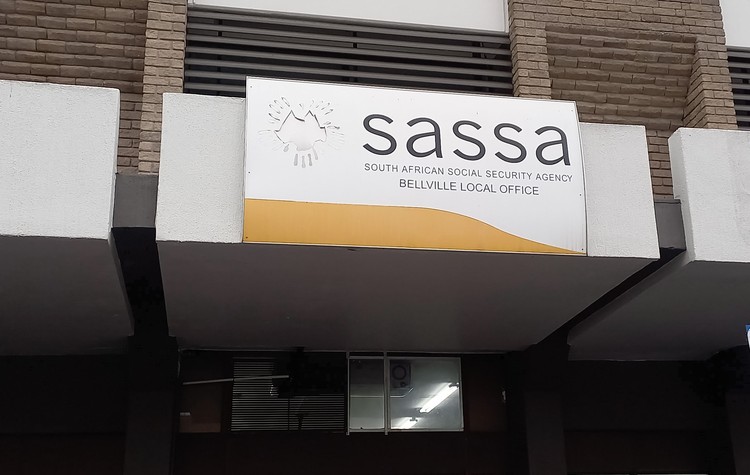
24 April 2025
SASSA is introducing mandatory biometrics for social grant beneficiaries without an ID or a passport from next month to enhance the security and accuracy of client identification. Archive photo: Marecia Damons
As of 5 May, all social grant beneficiaries using alternative forms of identification other than the standard 13-digit South African ID number will undergo compulsory biometric testing. This was announced by the South African Social Security Agency (SASSA) on Thursday.
SASSA said this initiative aims to enhance the security and accuracy of client identification, and to improve the integrity and efficiency of its systems. The agency currently pays social grants to approximately 28-million people each month.
Currently, people who don’t have an identity number can still apply for a social grant using a quad 7 number. This is a temporary reference number issued by the Department of Home Affairs when an individual doesn’t have a valid ID or passport.
Last month, SASSA told Parliament that it had paid R140-million in social grants to about 75,000 deceased beneficiaries. In February, SASSA also presented findings of an investigation which found significant security flaws, making its payment system vulnerable to fraud. This follows findings by two Stellenbosch University students, who discovered vulnerabilities in SASSA’s payment system. They found that large numbers of fraudulent SRD applications were being made using ID numbers of individuals who had recently turned 18.
SASSA acting CEO Themba Matlou previously acknowledged the vulnerabilities in the agency’s system but said that steps were being taken to address them. This, Matlou said, included risk mitigation processes and implementing security updates.
In a statement on Thursday, SASSA said: “This initiative, which aligns with Regulation 13(1) of the Social Assistance Act, is a proactive measure aimed at enhancing security, improving the integrity of our systems, and preventing potentially fraudulent activities related to identity misrepresentation.”
SASSA said its Information and Communication Technology (ICT) team has collaborated with the State Information Technology Agency (SITA) to provide training to identified “super-users”. A super-user is someone within an organisation who receives advanced training on a new computing system or process.
“These super-users are now well-equipped to train regional staff on biometric enrolment. This will ensure that every SASSA office will have trained officials when the biometric enrolment process commences,” SASSA stated.
The agency says it is “pulling all the stops in tightening its systems and measures” to safeguard social grants and ensure that “the right person is paid at the right time and place”.